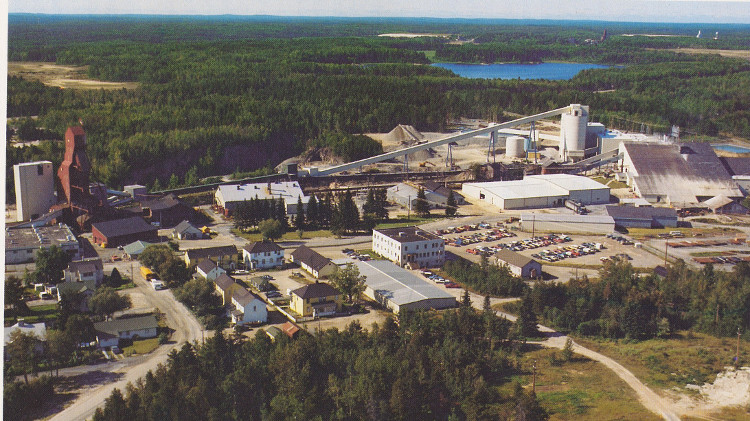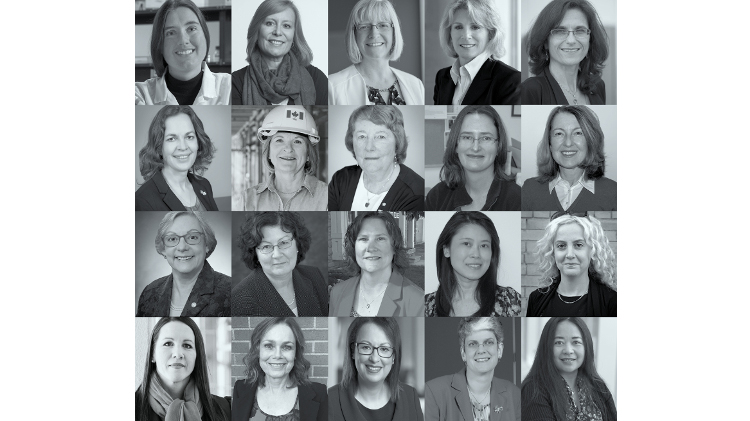Joshua Marshall. Courtesy of Queen’s University
A self-described “computer geek,” Joshua Marshall first became interested in mining robotics in the late-1990s while working for Inco’s mines research department. There, he was assigned to monitor an underground drill the company was trying to automate.
“It was that project in Sudbury, sitting alone looking at this machine and thinking I could make this better, but I need to learn a few things—that’s what I set my mind to,” he said. “We were in the early days [of automation], and nobody had yet solved the problems necessary to make these systems commercially viable.”
As a robotics engineer, professor and consultant, Marshall has been working to improve robotics and autonomous vehicle technology, particularly in harsh environments like mining, ever since.
Marshall did a split undergraduate degree in mining and mechanical engineering at Queen’s University, where he found equipment more interesting than mines themselves. Spurred on by his passion for robotics, he later obtained a PhD in electrical and computer engineering from the University of Toronto.
Marshall joined the Queen’s faculty in 2010 and was also the inaugural director of its Ingenuity Labs Research Institute, focused on robotics and artificial intelligence research. His Offroad Robotics lab, which he founded and co-leads with mechanical engineering professor Brian Surgenor, brings together students from mining, mechanical, electrical and computer engineering to work on field robotics research, often in collaboration with industry partners including Barrick and Cameco.
According to Marshall, what makes the lab unique is that it has successfully taken research beyond the lab and into the field. “We’ve deployed on real vehicles at operating mines and then had that technology incorporated as a new product,” he explained. “A lot of researchers love to count papers. I like to count how many times our stuff has actually made it into the hands of end users.”
From 2016 to 2017, Marshall worked with Epiroc—then Atlas Copco—on a robotic excavation project in Sweden. “We realized we were collecting a lot of data on this robotic loader that we might be able to exploit for other purposes, [like] to characterize the material that we were digging by using only inertial sensors,” he said.
It became an “open research question,” with the team successfully using an onboard sensor to characterize rock particle sizes while digging. Marshall is currently testing the work in conjunction with a vision-based technology in an operating quarry, and working with engineers at Örebro University in Sweden and Epiroc to do field tests in active production scenarios.
Marshall also has an entrepreneurial side. “In the late-2000s, my team invented an infrastructureless mobile mapping and localization system for underground vehicles,” he said. “The technology was a bit ahead of its time, but it was commercialized as the uGPS RapidMapper system that is now on display at the Canada Science and Technology Museum!”
With his PhD student Marc Gallant, Marshall conceived of the algorithms that underlie an autonomous geotechnical mapping technology developed by RockMass Technologies, which won the Ontario Centre of Innovation’s Mind-to-Market award in 2021.
After over two decades working on robotics, Marshall is glad to see the progress that has been made in mining. “The industry has done a good job at automating and bringing robotics into many of the production aspects of operations,” Marshall said. “There are still a lot of auxiliary tasks [that] need pretty heavy human intervention. My goal has always been to support our industry’s efforts to take people out of dangerous and difficult scenarios. The vision of near zero-entry mining, where there are no people going into dangerous scenarios—that’s where I would love to see us go next.”




